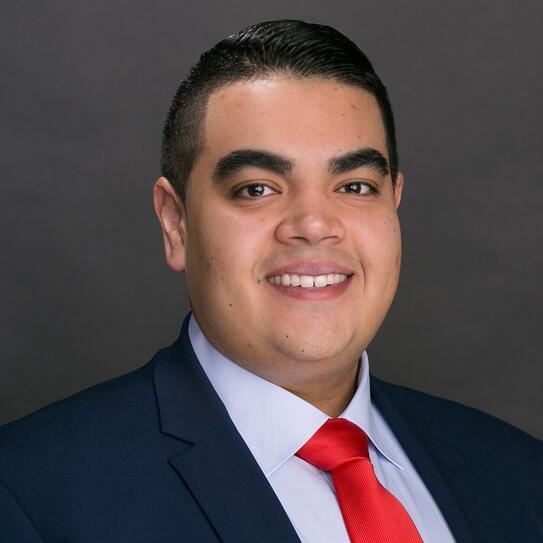Zachary Lopez

Prior to starting, what were you expecting the program to be like? How was it different than your expectations?
Before going to Columbia Business School (CBS), I expected the program to be more cut-throat and competitive. When I arrived, I was pleasantly surprised at how many people wanted to help and get to know one another. CBS is an open and caring community.
Why did you choose Columbia Business School?
I chose to go to CBS because of the Value Investing Program. It is the only school that has a program focused toward value investing in public equities. The courses give students a unique advantage that allows them to see what others commonly miss. Within the Value Investing Program, there are five classes that students are required to take: Special Situations, Value Investing & Value Investing with Legends, Applied Value Investing, Distressed Value Investing, and Economics of Strategic Behavior. These classes are the building blocks for a strong investing framework. The Value Investing program not only has incredible classes but the network and speakers are even better. I have been able to ask questions to investing greats such as Howard Marks, Seth Klarman, and Mario Gabelli.
When did you first feel the impact of the program?
I felt the impact of the CBS program before I even got to campus. Once I was accepted, current students reached out to me to welcome me to the Columbia community. I was able to leverage the Columbia brand immediately to start networking and establish a pre-MBA internship.
What is it like being a student in New York City?
Being a student in NYC is like no other experience. I was able to hear some incredible speakers and attend conferences that I had only seen on TV. Columbia’s unique campus allows us to not only have an incredible student body but also integrate into the city at-large. During my time at CBS, I was able to go to Broadway plays and attend a live filming of Fast Money on CNBC.
Which faculty members(s) influenced you the most, and how?
Jorge Guzman has had a large impact on me. I have been his TA for the last two years. He teaches Entrepreneurial Strategy. He is an incredible professor who not only has a passion for the subject but also excites students each and every class. He brings in amazing speakers who are able to immediately connect with students.
What has been your most memorable experience at Columbia Business School so far?
My most memorable experience at CBS has to be the Pangea trip I took to Chile. I went to Santiago, Chile with my fellow classmates. We helped a non-profit establish a sustainable line of revenue. I not only learned a lot about the Chilean economy, but more important, I made two friends for life.
How have you been involved in the student community?
Being the co-president of the Hispanic Business Association (HBA) has allowed me to interact with the larger CBS community. This past year, HBA was able to bring in Marty Chavez, ex-CFO of Goldman Sachs, along with other speakers.
What was the most challenging part of the program, and how did you handle it?
I will say the most challenging part of the MBA program is managing everything from academics to recruiting to networking. There is only 24 hours in a day and more than 24 hours’ worth of things to accomplish. I was able to handle it by coming into business school with a purpose. My goal was to get a job and learn how to invest. The rest was gravy. Having a purpose allowed me to prioritize my schedule and activities to ensure I accomplished my goal.
Did you take advantage of the Career Management services offered to all students? If so, how did the office help you?
I utilized the Career Management services during my first year in the MBA program, I would attend many workshops and visit multiple advisors. It wasn’t until my second year that I learned the power of the Career Management Center’s Executive’s In Residence Program. Every week, I was meeting with different executives. I met with Pauline Brown, ex-CEO of Louis Vuitton, and Douglas Maine, ex-CFO of IBM. These executives gave me incredible insights and utilized their personal relationships to help me advance my studies. Douglas got me in touch with a board member of a company I was researching on and also connected me with the top management of Goldman Sachs’ San Francisco office. It is a great feeling when you have the ex-CFO of IBM vouch for you.
What advice would you give to a new student coming into the MBA program at Columbia Business School?
I always tell students to make sure that they have a goal in mind when coming to business school. Having a purpose allows one to filter out the noise and concentrate on what matters. At Columbia, there are many new opportunities and things to explore. Filtering things down makes decision-making much easier.
What will you take with you from Columbia Business School?
After Columbia Business School, I am equipped with an incredible investment framework that can be applied to numerous styles of investing. CBS has given me an amazing network that I can call upon when I need help or act as a sounding board when I need to run ideas across someone. I can’t imagine myself anywhere else for my MBA other than Columbia Business School.